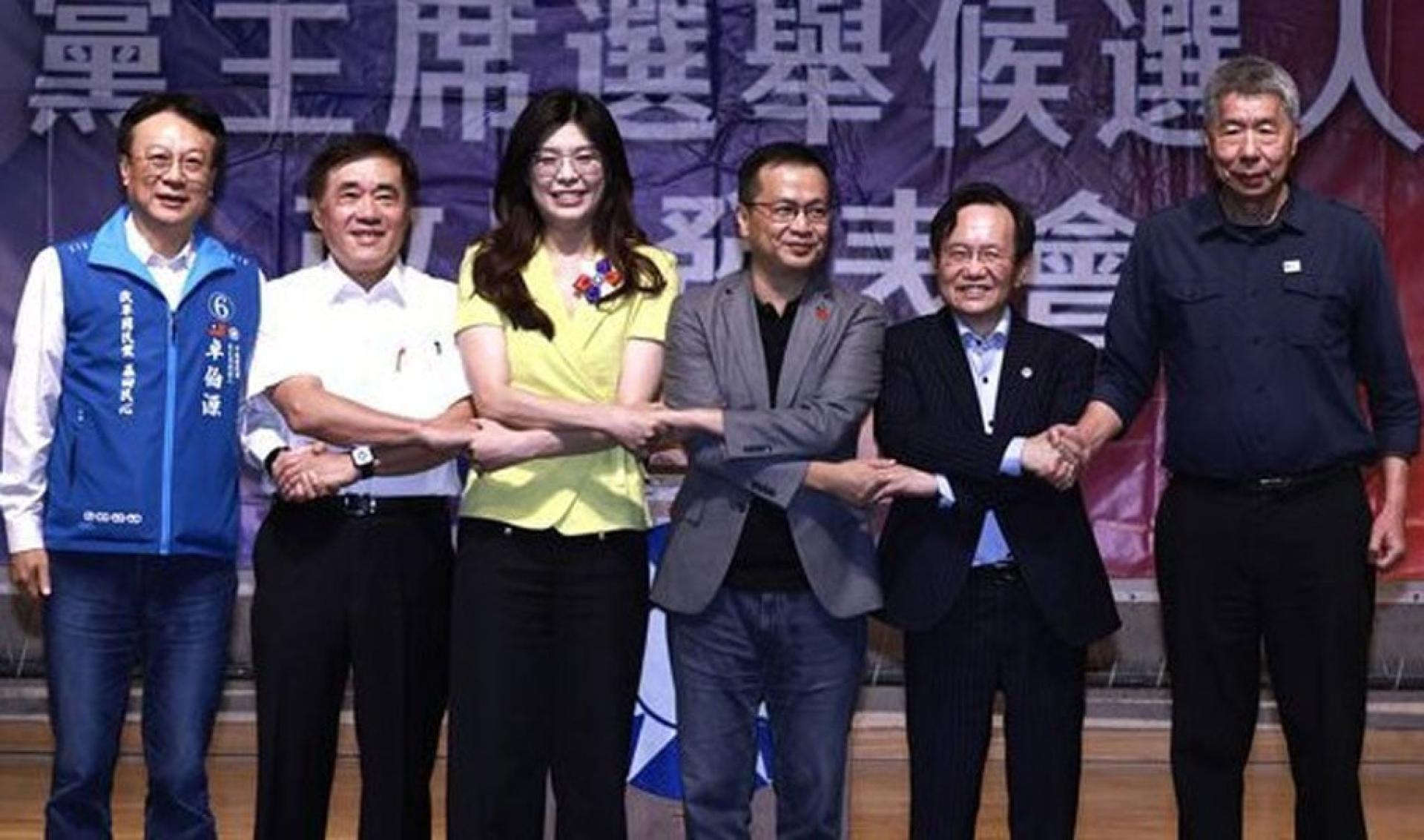The Kuomintang (KMT) chairman election in Taiwan was held on the 18th, with candidate Chang Ya-chung urging in an interview after voting that cross-strait relations have always been the KMT's strength and responsibility. If the KMT cannot properly handle dialogue between the KMT and CCP by 2028 and channel the floodwaters threatening both sides, it will miss the opportunity—not only letting down the Taiwanese people, but also making it hard to win the general election.
The KMT chairman election kicked off, with voting beginning at 8 a.m. and ending at 4 p.m., after which the ballots will be counted. In this KMT chairman election, over 330,000 eligible KMT members will decide who the next party chairperson will be.
Chang Ya-chung said that while internal party reform is certainly important, finding a path to peace is far more important than the KMT itself; the party should not be preoccupied every day with winning in 2026 or 2028 and only think of itself—it needs to think about the future of the next generation of young people if the KMT is to have hope.
He said this is his final admonition and last reminder to the KMT, hoping the leadership can truly hear it—not to only think for themselves, but to place cross-strait peace in the most important position.
This election features six candidates: Sun Yat-sen School President Chang Ya-chung, former National Assembly delegate Tsai Chih-hung, KMT legislator Lo Chih-chiang, former Taipei Mayor Hau Lung-bin, former legislator Cheng Li-wen, and former Changhua County Magistrate Cho Po-yuan.
Polls show Cheng Li-wen currently leading in support, followed by Hau Lung-bin. The two are seen as representing different political lines within the party: Cheng advocates continuing the strong confrontational role the KMT has played since becoming the largest party in the legislature last year, while Hau champions a steady and pragmatic approach, focusing on the 2028 presidential election and appealing to centrist voters.
